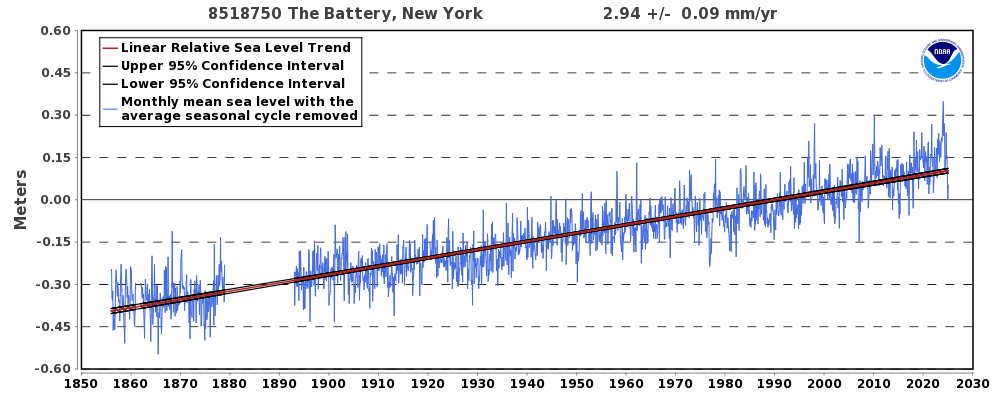They are predictions in the rise of average temperature and are based on the best science available. You don't like science because you do not believe they can see the future. That is the entire purpose of climate science and you cannot deny that they have been right so far. The earth is warming at unprecedented rates and there is no other viable explanation but greenhouse gases despite vast efforts to prove otherwise.
You are entirely wrong, I love and respect Science, Been doing it my entire Adult life.
The predictions are often based on scenarios, like RCP8.5, which is listed as a business as usual.
RCP8.5 is a joke, and likely is impossible, as it calls for a CO2 level in year 2100 of 1370 ppm.
Since 1880, the CO2 level has increased 135 ppm from 280 ppm to 415 ppm, a level of 1370 ppm,
would require (1370 - 415)/79 = 12.088 ppm per year.
For reference the growth in the CO2 level since year 2000, is between 2 and 3 ppm per year, not 12 ppm per year!
Have the prediction of climate science been right so far? if they were we should be at about 2.25C of warming at this stage,
to be lined up for 2XCO2 warming of 3C, but the observed warming is 1.09C per the IPCC AR6.
NOAA AGGI tells us the 2011 forcing for all the greenhouse gasses in CO2-eq, and they represent ~75% of the total forcing,
and recent peer reviewed show that maximum warming from an emissions is reached in about 10 years,
Maximum warming occurs about one decade after a carbon dioxide emission
so all of the equalization warming from 2011, should already be present.







